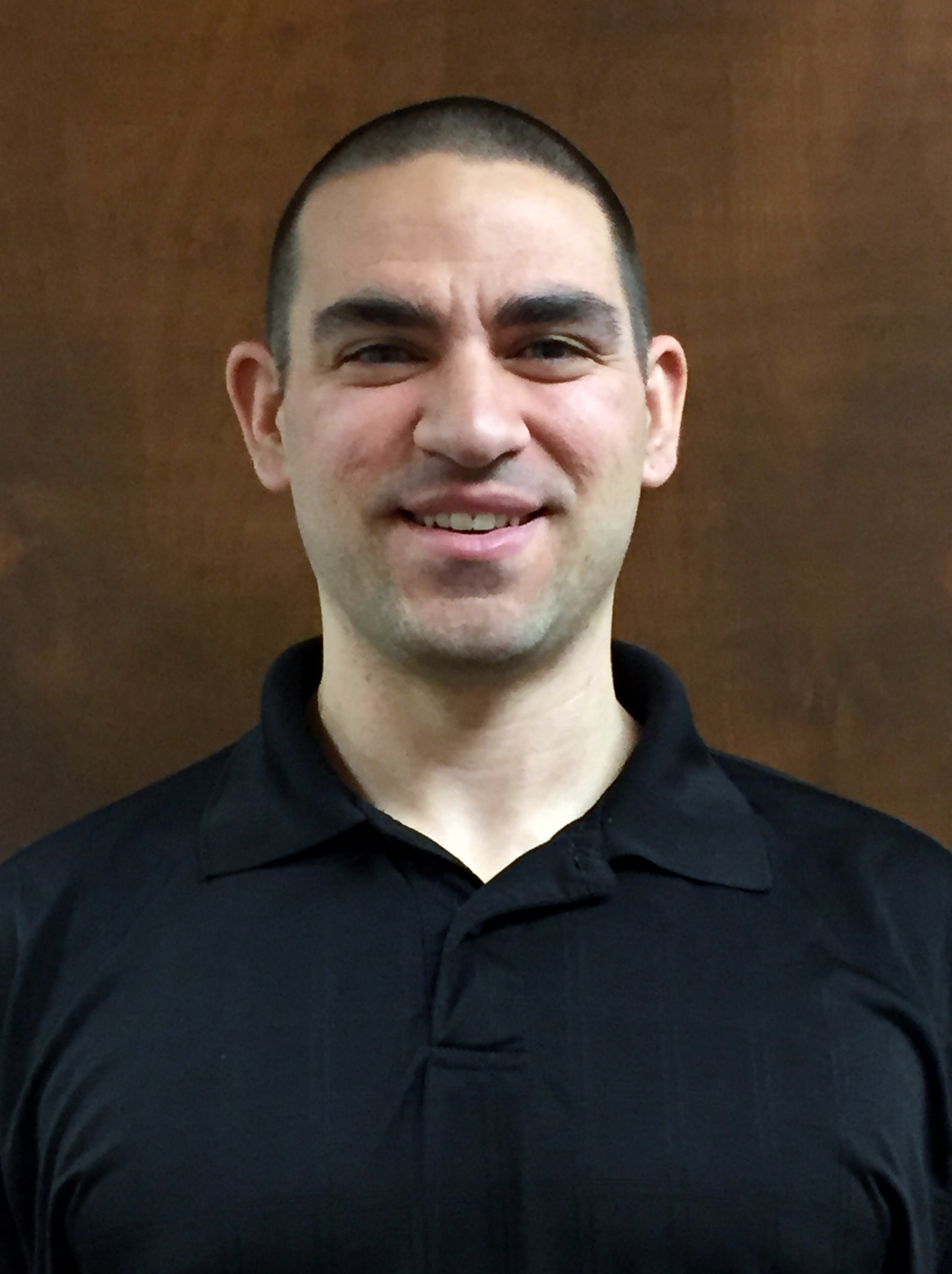Free Time Can Trigger Problem Gambling Posted On
Free time can act as a trigger for those who are in recovery from problem gambling. It’s important to know how you’re time is spent, and how you can optimize your day to work for you instead of against you.
Problem Gambling
Problem gambling affects millions of people in the United States. Whether it’s the more than 2 million struggling with problem gambling, the 20 million or more loved ones who are directly affected, or the community as a whole, problem gambling affects everyone in some way or another.
For the people struggling, problem gambling can feel like an inescapable urge, similar to the urge to drink alcohol for someone in recovery from alcoholism. This urge tends to consume every aspect of a person’s life. These are people who may have to spend more and more money and time gambling to feel good. They may go through feelings of withdrawal when not gambling, similar to that of someone going through a caffeine withdrawal. They may be preoccupied with thoughts about their last gambling experience or when they’ll gamble next. Or they may experience a combination of these as well as other signs of problem gambling. The most important thing to keep in mind is that for those struggling with problem gambling, they may be struggling to avoid gambling like a person struggling to avoid using drugs or alcohol.
Recovery from problem gambling comes with many obstacles, and free time is one of those obstacles. It’s important for anyone looking to avoid gambling to take out any gambling activities they used to participate in. The problem is that after taking these activities out of someone’s daily schedule they may struggle to fill this time. If the time is not filled, they may find themselves spending that time thinking about gambling, which may lead them to begin gambling, again. , which will only make recovery seem impossible.
Free time can act as a trigger for a relapse with problem gambling.
For example, someone in recovery from problem gambling may have spent 5 hours gambling daily. Now that’s 5 hours a day, 35 hours a week, which is nearly enough time for a full-time job. It may be difficult to find things to put into this time, which begs the question, “so, what should I do?”
Healthy Leisure Activities
Identifying healthy leisure activities can feel overwhelming. The first thing to do is to think about what’s important to you. This could be time with children, music, fitness, food, or a combination of these and many things. Knowing what’s important is the first step to filling this time in a healthy way.
The next problem is that someone may not even know what’s important to them because they’ve filled their time with gambling activities for so long. Below is a list of healthy activities to get someone started on the path to a healthier life.
- Enjoying comedy can be a great place to get a natural high. Laughter is one of the best ways to raise your spirits, clear your mind, and have a great time all at once. You can enjoy comedy by watching comedians do stand-up, funny movies, comedy based radio shows, podcasts and witty books. Comedy can serve as a great start, or continuation of one’s recovery from problem gambling.
- Going to concerts can also be a great use of time. The excitement of seeing a band, the explosiveness of the sound from a concert experience, and the excitement of being amongst thousands of adoring fans can help fill time.
- Extreme sports, such as bungee jumping, mountain climbing, sky diving, snowboarding and marathon running are all great activities to get that natural high and fill the void. Engaging in these types of activities can quickly fill time, improve the brain’s chemistry, and help the person feel better about themselves.
There are thousands of different things to do. Look through local community newsletters and there are sure to be additional avenues to fill time. The most important thing is to make sure that the time that was spent gambling is replaced with healthier activities.
Need other ideas? Ask a fellow person in recovery how they manage their extra time. Call the NYS HOPEline for more support. The NYS HOPEline is always available at 1-877-8-HOPENY (or 1-877-846-7369).

